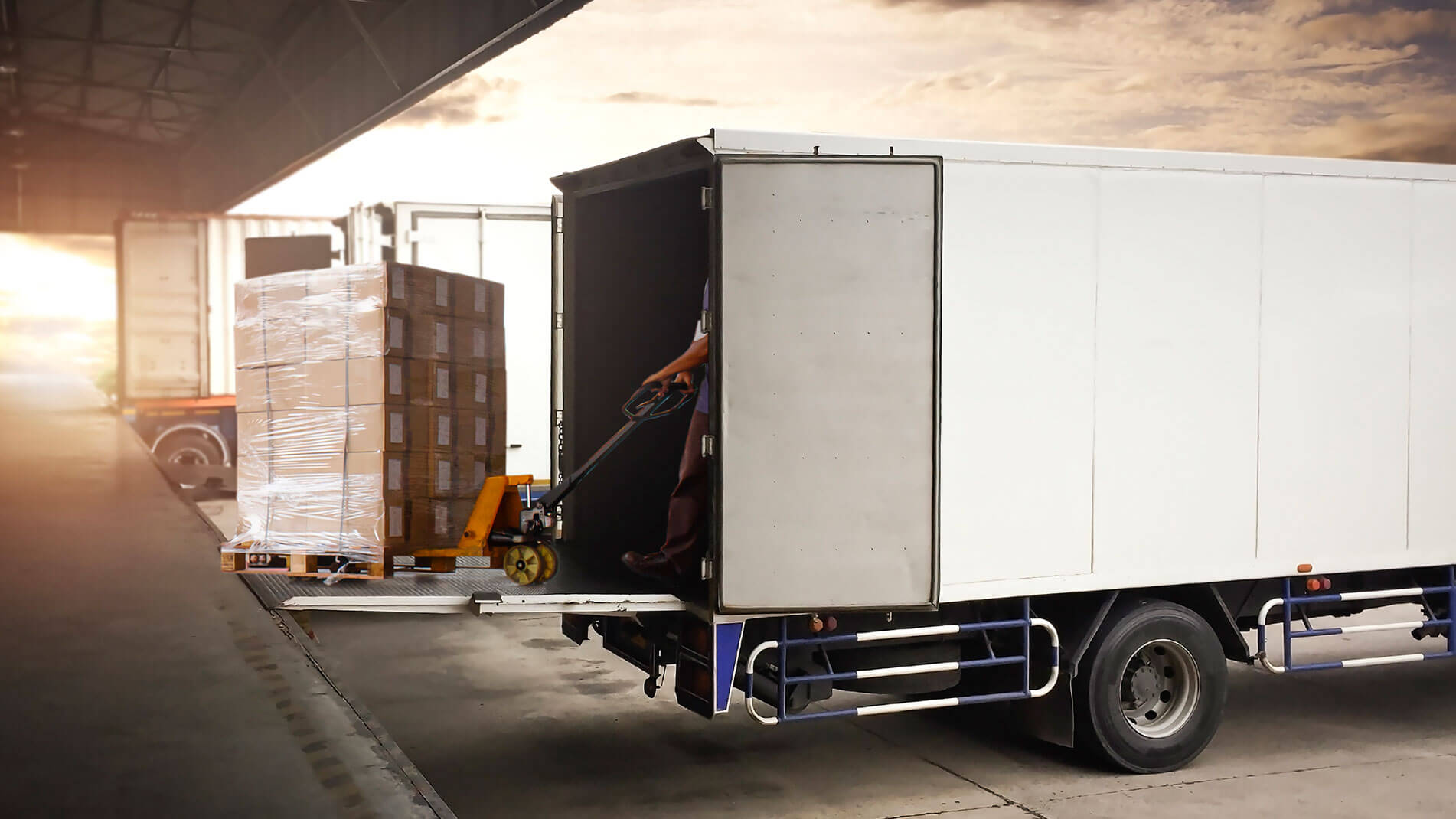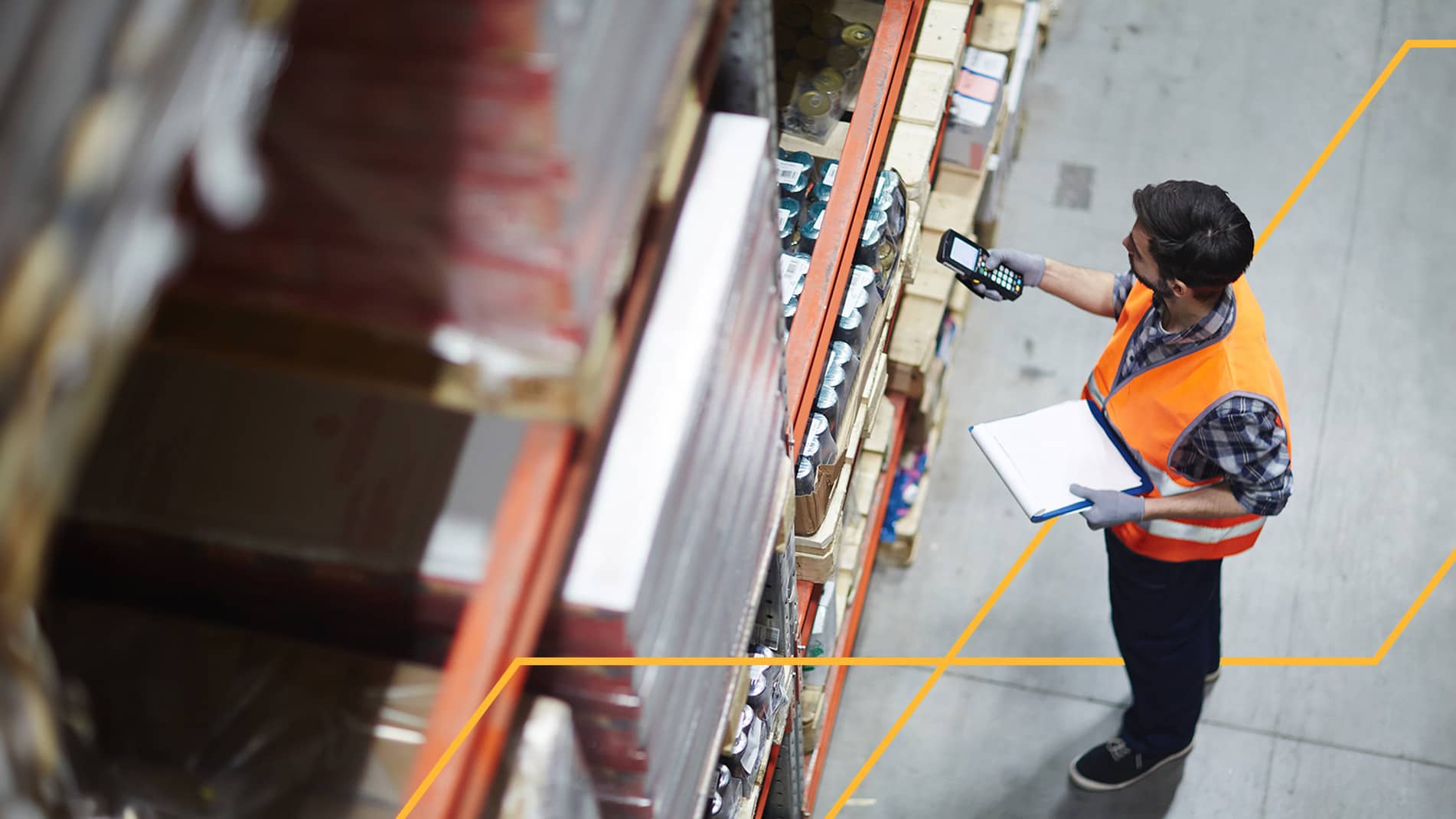Key Takeaways
This article explores how transportation management systems (TMS) can dramatically improve logistics efficiency by reducing empty shipping space and minimizing unnecessary mileage. It emphasizes the importance of advanced technologies, collaborative strategies, and real-time data in achieving cost savings, sustainability, and customer satisfaction.
-
Reduce Shipping Air and Empty Miles: Learn how modern TMS platforms use intelligent load planning, real-time data, and route optimization to minimize unused space and drive fewer miles.
-
Cut Costs While Boosting Sustainability: Discover how efficient transportation management can lower fuel use, decrease carbon emissions, and contribute to your organization’s environmental goals.
-
Gain a Competitive Edge Through Logistics Innovation: Explore how unified supply chain systems and decentralized distribution can enhance service levels, delivery speed, and overall customer satisfaction.
Unlocking Efficiency in Transportation Management
As logistics operations grapple with rising fuel costs, increasing regulatory pressures, and a heightened focus on sustainability, transportation management systems (TMS) must innovate to meet these challenges. One critical area of focus is the imperative to ship less air and drive fewer miles. Here's how forward-thinking companies can achieve these goals.
The Problem with Shipping Air
Shipping air—essentially transporting partially filled containers—remains a pervasive inefficiency in logistics. When trucks, ships, or planes are not fully utilized, companies incur unnecessary costs and contribute to increased carbon emissions. This issue often stems from outdated packing methods, a lack of coordination among shippers, and suboptimal load planning.
Modern TMS Technology Offers Solutions
Advanced Load Building & Planning Algorithms: Utilizing sophisticated algorithms, leading TMS solutions optimize load planning to ensure containers are filled to capacity. These systems analyze the dimensions and weight of cargo, efficiently arranging it to maximize space usage.
Collaborative Shipping Models: By coordinating with other shippers, companies can consolidate shipments, maximize backhaul opportunities, and reduce the number of partially filled or unfilled containers. A modern TMS facilitates these partnerships and can significantly enhance load efficiency.
Real-Time Data and Analytics: Being able to leverage up-to-the-moment information allows for dynamic adjustments to shipping plans. For example, if a container is not fully loaded, a TMS can quickly identify nearby shipments that can be combined to fill the space.
The Cost of Excess Miles
Driving unnecessary miles not only wastes fuel but also increases wear and tear on vehicles, leading to higher maintenance costs and greater environmental impact. Inefficient routing and poor delivery planning are the primary culprits of this issue.
How the Right TMS Can Help
Route Optimization: Modern TMS equipped with route optimization capabilities calculate the most-efficient paths for deliveries. These systems consider traffic patterns, road conditions, delivery windows, and a host of other factors to minimize travel distance and time.
Decentralized Distribution Centers: By strategically locating distribution centers closer to end customers, companies can reduce the distance goods need to travel. This approach not only cuts miles but also speeds up delivery times.
Unified Supply Chain Operations: A cloud-native platform enables businesses to unify transportation and warehouse management systems. Doing so eliminates silos, ensuring seamless coordination and efficiency between the different parts of your supply chain. This unification is the next evolution of logistics, creating more streamlined operations, reducing delays, and improving service levels.
What Are the Benefits To Improving Logistics Efficiency With a Modern TMS?
Adopting these strategies offers a multitude of benefits:
- Cost Savings: Reducing wasted space and unnecessary miles directly translates to lower transportation costs.
- Sustainability: Efficient transportation management reduces carbon emissions, contributing to a company’s sustainability goals and enhancing its reputation.
- Improved Customer Satisfaction: Faster, more reliable deliveries improve loyalty and service level agreement performance. The most successful logistics operations are the ones that ensure products reach customers on time and in good condition.
- Competitive Advantages: Companies that prioritize efficiency gain the ability to offer lower shipping costs and faster delivery times, attracting more business and increasing market share.
Final Thoughts
In today's complex supply chain environment, shipping less air and driving fewer miles are not merely operational adjustments—they are strategic imperatives. By leveraging advanced TMS technologies and embracing collaborative models, companies can achieve unprecedented levels of efficiency. The future belongs to those who can build a resilient, sustainable, and highly efficient supply chain that meets the demands of the modern world.
Learn more about improving your operational efficiency with Manhattan's modern Transportation Management System.
Everything Works Better With Manhattan Solutions
Manhattan offers a complete breadth of solutions that when unified, provides total coverage for your supply chain commerce needs.

Transportation Management
Manage every carrier, rate, route, and load with Manhattan Active® Transportation Management.

Warehouse Management
Control demand, supply, labor, and automation across your entire network with Manhattan Active® Warehouse Management.

Point of Sale
Modernize the store with Manhattan Active Point of Sale—a cloud-native retail POS application enabling store associates and managers to delight shoppers and improve store performance.






